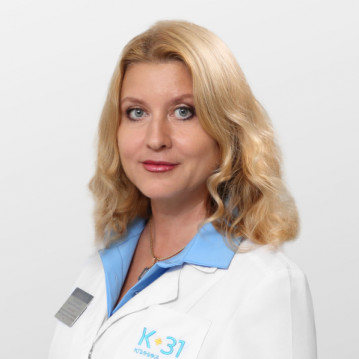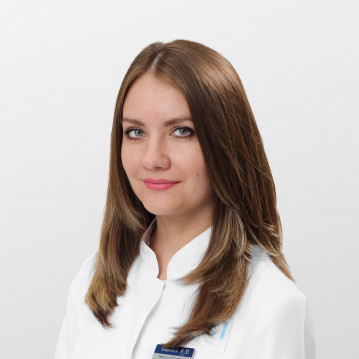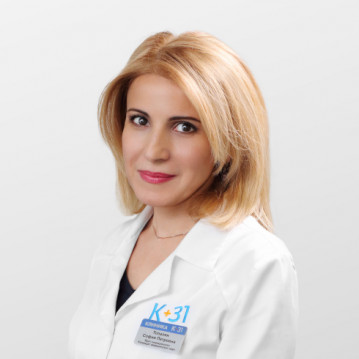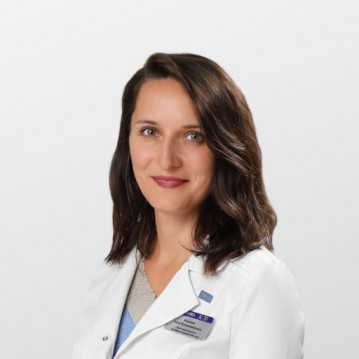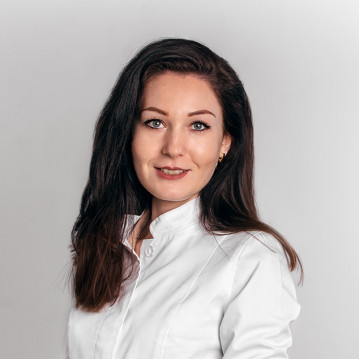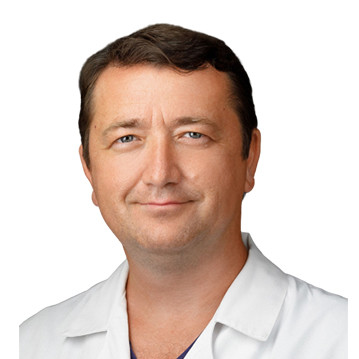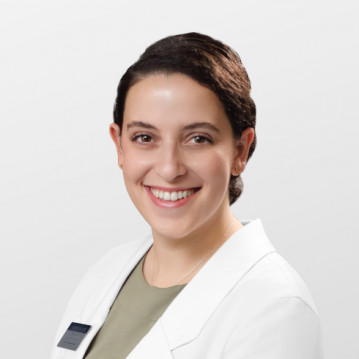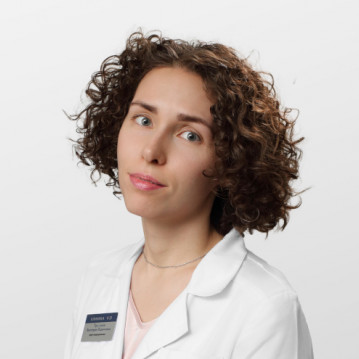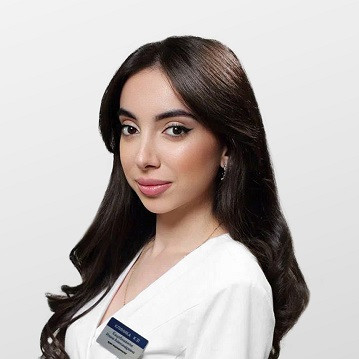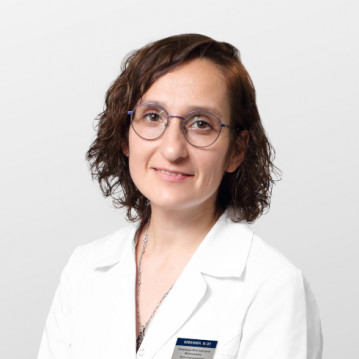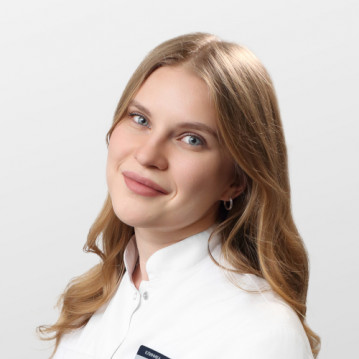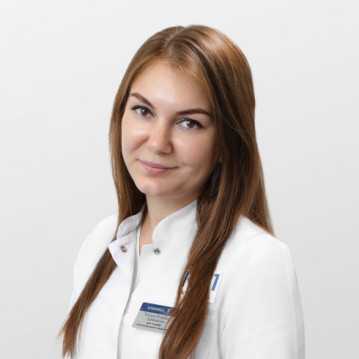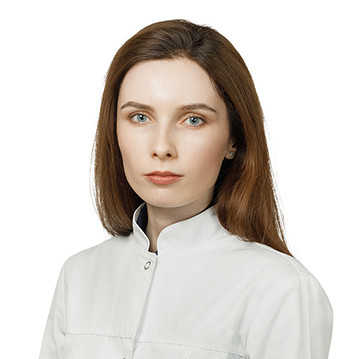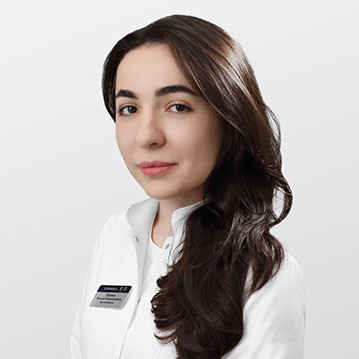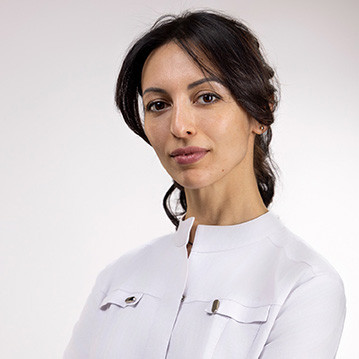Statistics show that life expectancy is increasing. And with it, the outlook on life changes. Modern people dream not only to live to old age, but also to be healthy, spend time actively and feel good at any age. This is possible with the help of Anti-Age medicine.
What is Anti-Age Medicine
People often use the term “Anti-Age” to refer to cosmetic procedures that are aimed only at external rejuvenation. However, in reality this is not the case at all. Anti-aging therapy is aimed at maintaining all body functions in a normal state throughout life. The direction of Anti-Age literally represents the rejuvenation of the body. Therefore, we can say with confidence that aesthetic medicine and Anti-Age medicine complement each other.
As part of Anti-Age therapy, doctors improve the patient's quality of life, slow down the aging process in the body, and prevent the development of age-related or chronic diseases (cardiovascular, endocrine, musculoskeletal, etc.).
Age-related changes in the body
Aging is a physiological process that affects all body functions. The rate of aging depends on various factors (genetics, lifestyle, chronic fatigue, bad habits). Some changes are gradual (for example, a decrease in the elasticity of the skin, graying of the hair), and some manifest themselves quite abruptly. As a rule, they begin to manifest themselves especially acutely by the age of 35-40.
Endocrine system
Changes in hormone levels are one of the most striking signs of body aging. It manifests itself in the extinction of the function of the endocrine glands and causes the development of menopause. Menopause occurs in both men and women.
Women's menopause (menopause) is manifested by a number of unpleasant symptoms (frequent mood swings, hot flashes, decreased libido, decline in reproductive function, etc.). All of them bring discomfort to a woman and greatly affect the quality of life.
The male menopause, although it is not customary to talk about it a lot, is similar in symptoms to the female. The reason for its development is a decrease in testosterone levels. During menopause in men, there is also a decrease in libido, problems with potency, psycho-emotional disorders, general somatic disorders.
Digestive system
With age, disorders in the digestive system also occur. The level of enzymes decreases, the production of gastric juice decreases, its acidity decreases, the level of microflora changes. This, in turn, leads to a decrease in metabolic processes, toxins begin to accumulate in the body. Problems with the digestive system cause poor health, sleep disturbance, and a decrease in physical activity.
Musculoskeletal system
The musculoskeletal system is no less susceptible to age-related changes. They concern motility, the bones become more fragile, and the movements are less plastic and slower. Muscle tone decreases, which forces a person to engage in less vigorous activity.
Despite the fact that aging is an irreversible process, there is an opportunity to slow it down. There are techniques to improve overall well-being, prevent the development of chronic diseases, keep youth and activity as long as possible. They include preventive and anti-aging medicine.
